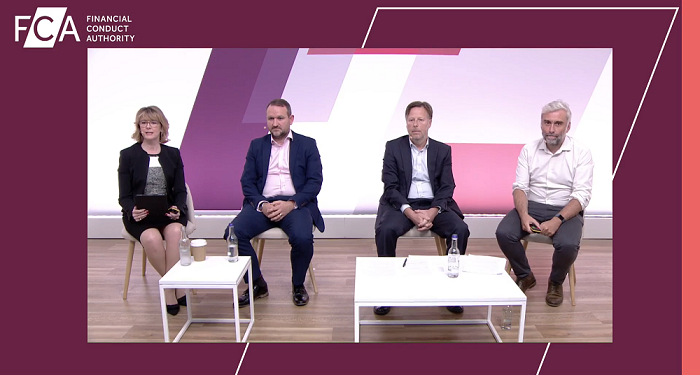The Financial Conduct Authority (FCA) has applauded the signposting of customers with pre-existing health conditions to specialists as a positive aspect of complying with the incoming Consumer Duty.
The regulator flagged several good and poor practices in relation to the new regime and argued that the insurance sector should have an easier time adapting than the rest of the industry.
It also emphasised the importance of firms being able to demonstrate how they were focusing on customers to comply with the changes.
Evidence of good practices
Speaking at its Consumer Duty webinar, FCA head of insurance market analysis and policy Daniel Hurl noted that for many insurers and brokers, if they were meeting existing rules including the fair value policies then they were a long way to meeting the Consumer Duty.
But he added there were some aspects of the new regime that go further, and that consumers should be supported throughout the product life cycle including point of sale, renewal and claim.
“This includes making it easy for customers to contact firms without excessive waiting times, ensuring administration is efficient and making it as easy to exit a product as it is to buy it in the first place,” Hurl said.
“We’ve seen both good and poor practices in this regard.”
“Some of the good practices include interim payments to customers before the final assessment of their claim, opening up a range of different customer contact channels, issuing proactive communications to help customers and brokers through the claims process, if customers have a pre-existing medical condition providing a list of specialist insurers, and supporting customers in financial difficulties through forbearance and waiving charges.”
However, Hurl (pictured centre left) noted the regulator had also seen some poor practice throughout the industry.
He called out complex claims processes which deter customers from making claims, including expecting them to submit hard copies.
And Hurl criticised firms that allowed customers to purchase a product online but only allowed them to switch or cancel by phone with a long waiting time, and not providing customers with easy and accessible options for cancelling.
Importance of demonstrating outcomes
Speaking more widely about the implementation of the rules, Hurl said he believed this would be more straight forward for the insurance sector.
“For the most part I do not believe the Consumer Duty will be as significant a change for the insurance market as for other areas of financial services,” Hurl said.
He continued: “If there’s one thing you take away from today’s session, it’s the importance of being able to demonstrate outcomes and that you can monitor how consumers are using your products and how these products are performing.
“This might include monitoring claims ratios, declined claims, lapse rates, customer complaints and importantly taking action where issues are identified.”






